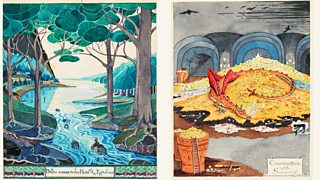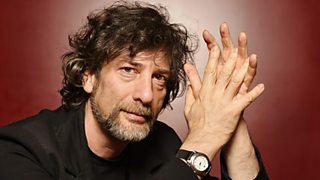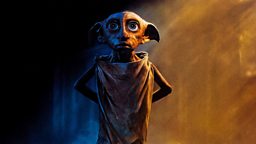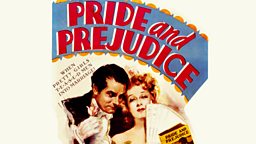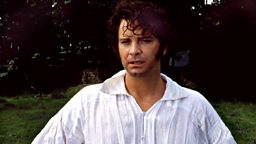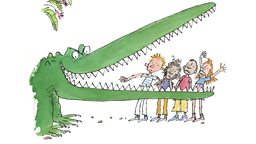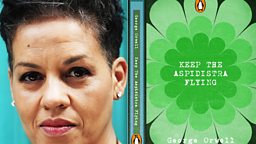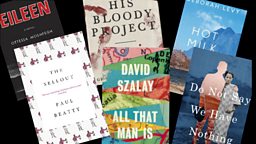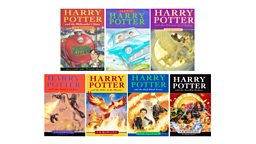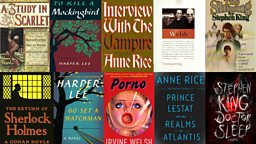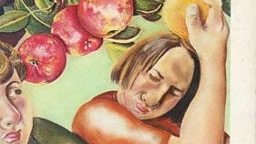Are authors shying away from writing about social media?
5 July 2016
The rise of the social network sites over the last decade has seen billions of people incorporate digital interactions into their daily lives. But that is not often reflected in literature. After all, who wants to write the 'Friends Reunited Novel' only to find it is obsolete in five years?
Love to Read asked DANNY SCOTT, Digital Marketing Manager at , to take a look at whether authors really are avoiding this cultural shift in their works.

In Ray Bradbury’s short story The Murderer (from the anthology The Golden Apples of the Sun) the titular killer turns out to be a man with a violent vendetta against technology, rather than people.

He can no longer bear to live in a world where everyone is always listening to music, using a computer or involved in some form of endless communication.
Questioned by a psychologist, he reveals that he finally snapped when his family became panicked after he failed to instantly respond to a message.
Written in 1953, the world of Bradbury’s story is an eerily accurate description of 21st Century life.
In 2016, it is estimated that we now consume more than five times as much information per day than we did in 1986 and each produce 200-fold more information. A lot of this information is produced in emails and texts but a large percentage ends up on the world’s 2.2 billion, and climbing, social media profiles.
‘Like’ it or loathe it, social media has changed our lives, if not for good, then at least forever. However, despite its ubiquity, a feeling persists that authors have yet to fully explore its impact through fiction.
Is this true? And, if so, why? Are authors scared to base their novels on social media lest they write “the Bebo novel”? Is social media too overwhelming to unpack?
The answer depends on which part of the book shop you are in. A quick walk around the teen fiction section would tell you that social media has inspired scores of titles across many genres.
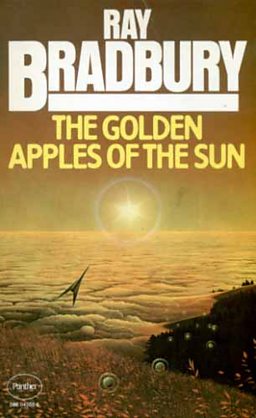

Not only that, these novels are rubbing shoulders with new releases from self-made social media stars turned authors, step forward vlogging sensation Zoella.

Born in 1990, Zoe Elizabeth Sugg is a hugely popular vlogger from Brighton best known by her YouTube username Zoella.
Her reach is such (each video she posts generates several million views) that when Penguin published her debut novel, Girl Online, inspired by her own rise to fame, she broke the record for the highest first-week sales of a first-time novelist since records began.
In social media terms, Zoella is exceptional but she isn’t the only author exploring online issues in YA (young adult) fiction.
There’s #scandal by Sarah Ockler and Unfriended by Rachel Vail, which both cast an eye on how social media affects friendships. It’s worth checking out Feed by M.T. Anderson, too - an award-winning novel speculating on a future where teens have the internet hard-wired into their brains.
Grown-ups might nod at this and say there are more young adult novels exploring social media because a teenager’s whole life these days is social media.
In many ways that is simply untrue, and certainly overly simplistic. The ‘social media generation’ is no more obsessed by their phones and profiles than their parents are. Perhaps it’s truer to say that the recurrent themes (identity, friendship, confusion) of young adult fiction lend the genre towards using social media as a useful plot device and source of conflict.
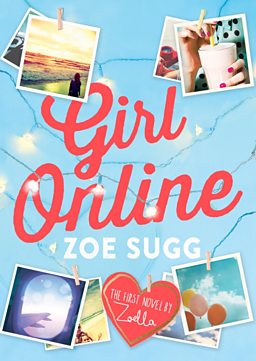
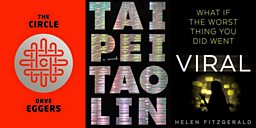
Back in the book shop, it is harder to find novels in the adults’ section exploring social media’s impact on all of our lives. There are some, however.
We are all social media鈥檚 co-authors and, therefore, we naturally hold our own strong opinions of itDanny Scott, Scottish Book Trust
Dave Eggers' The Circle is set in a not-too-fictional Silicon Valley tech firm and offers an alarming peek into the near future. In Taipei, Tao Lin captures the swipe-left ennui of modern life and even the language of the internet. Scotland-based author Helen Fitzgerald’s recent slice of domestic noir Viral explores the impact on one family when their daughter’s sexual exploits in Magaluf are posted on YouTube, and force her into hiding.
These novels are the exceptions that prove that rule but it’s not hard to think of why there aren’t more great novels about social media from recent years.
We turn to authors to offer deeper analysis and thought about the world we live in. With social media this is a tough ask. We are all social media’s co-authors and, therefore, we naturally hold our own strong opinions of it. Plus, we are living in a world still coming to terms with social media’s power.
Today’s adults are mostly aware of how social media has changed our lives because we have just lived through its arrival over the past decade. It is fair to say that offering insight into societal shifts still in progress is the job of journalists rather than authors.
Literary fiction may still lag behind teen fiction in exploring social media for the reasons above but, in novel-writing terms, these are still early days.
Writing about contemporary history offers authors little hindsight and plenty of risk. Perhaps, like Ray Bradbury’s ‘murderer’, we are all too bewildered by the sheer volumes of information we now consume to think about what all this means. It surely won’t be long before authors start to explore social media’s impact in greater numbers and reviews of the defining social media novels of our time will pop up in our feeds.
Danny Scott is the Digital Marketing Manager at Scottish Book Trust where he writes tweets and supports authors for a living. He is also the author of the Scotland Stars F.C. chapter book series, available from Discover Kelpies.
Welcome to #LovetoRead

More from Books
-
![]()
Seven must-read novels by female authors.
-
![]()
Tolkien's own illustrations of his fantasy universe.
-
![]()
The author picks his three favourite works of science fiction.
-
![]()
Judge these books, and their genres, by their covers.


